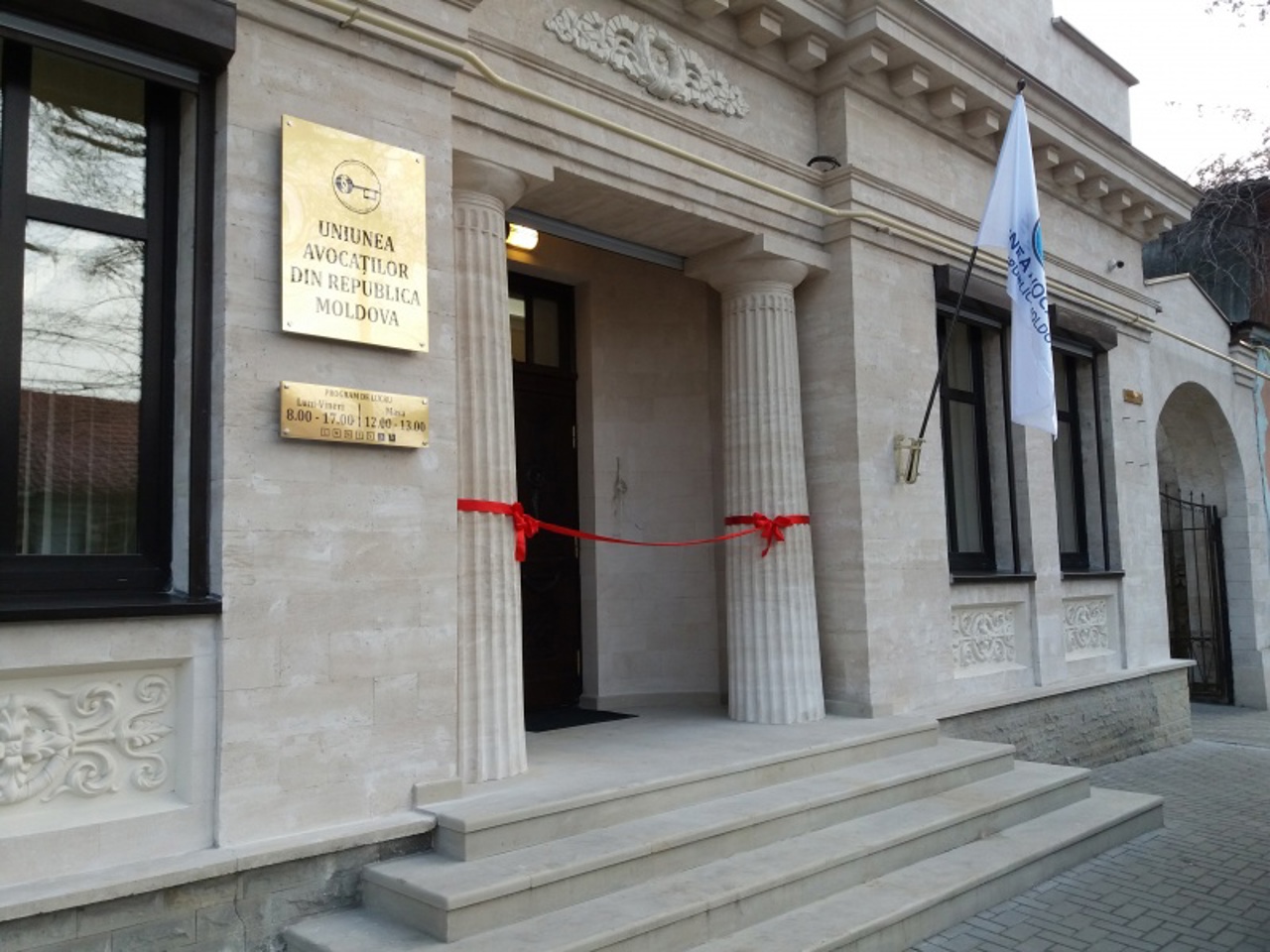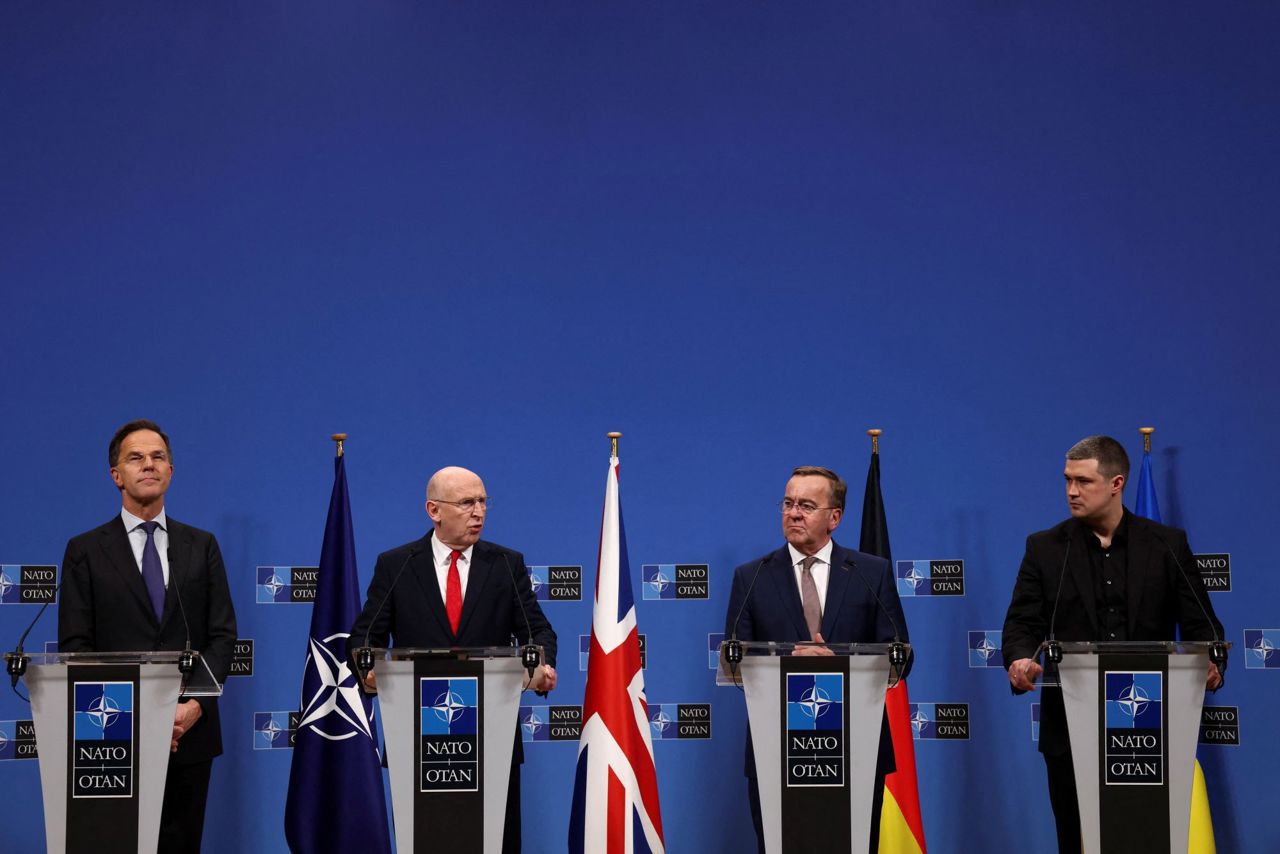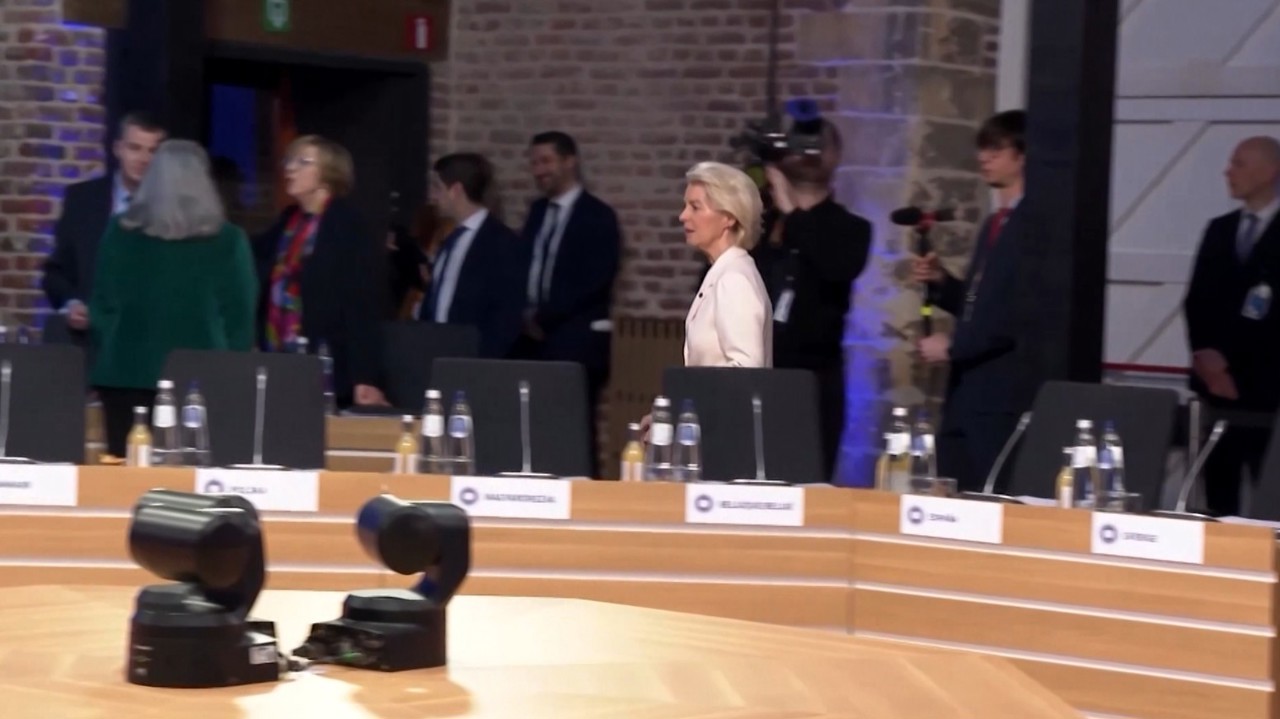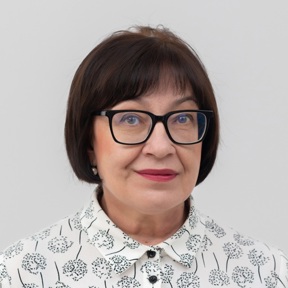Tbilisi protests erupt over Georgia’s halt to EU integration
Massive protests broke out in Tbilisi after Georgia’s ruling Georgian Dream party announced the suspension of EU accession talks and a rejection of EU budgetary grants until 2028, Reuters reports.
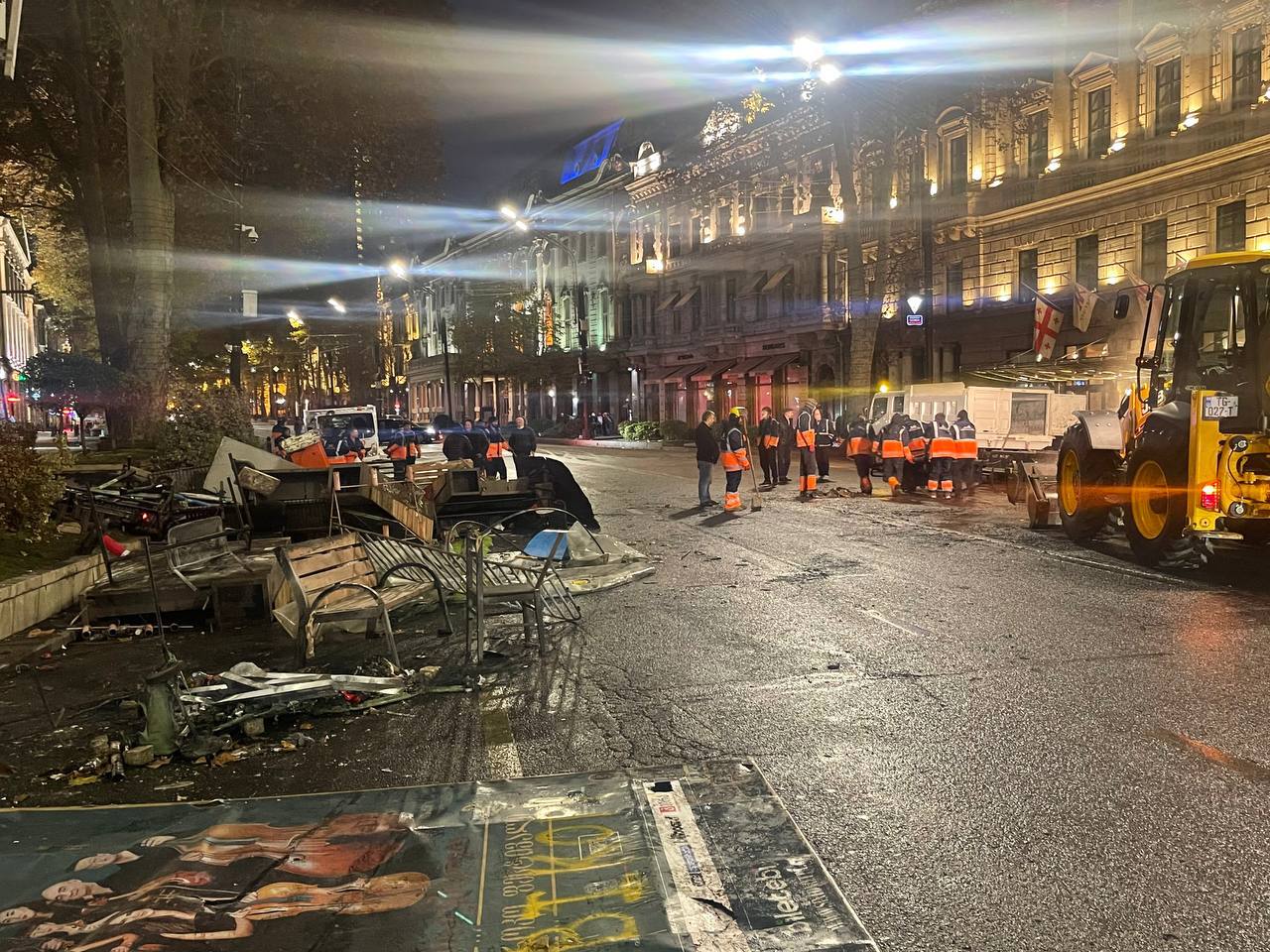
The decision, seen as a blow to Georgia’s pro-European trajectory, sparked outrage among opposition leaders and pro-Western citizens.
Thousands of demonstrators flooded the streets, blocking major roads in the capital. Tensions escalated as protesters attempted to storm the Parliament building, hurling fireworks at police officers, who responded with water cannons, tear gas, and pepper spray. Three police officers were reported injured during the clashes. The protests extended to other cities, with opposition figures condemning the government’s actions as a betrayal of Georgia’s European aspirations.
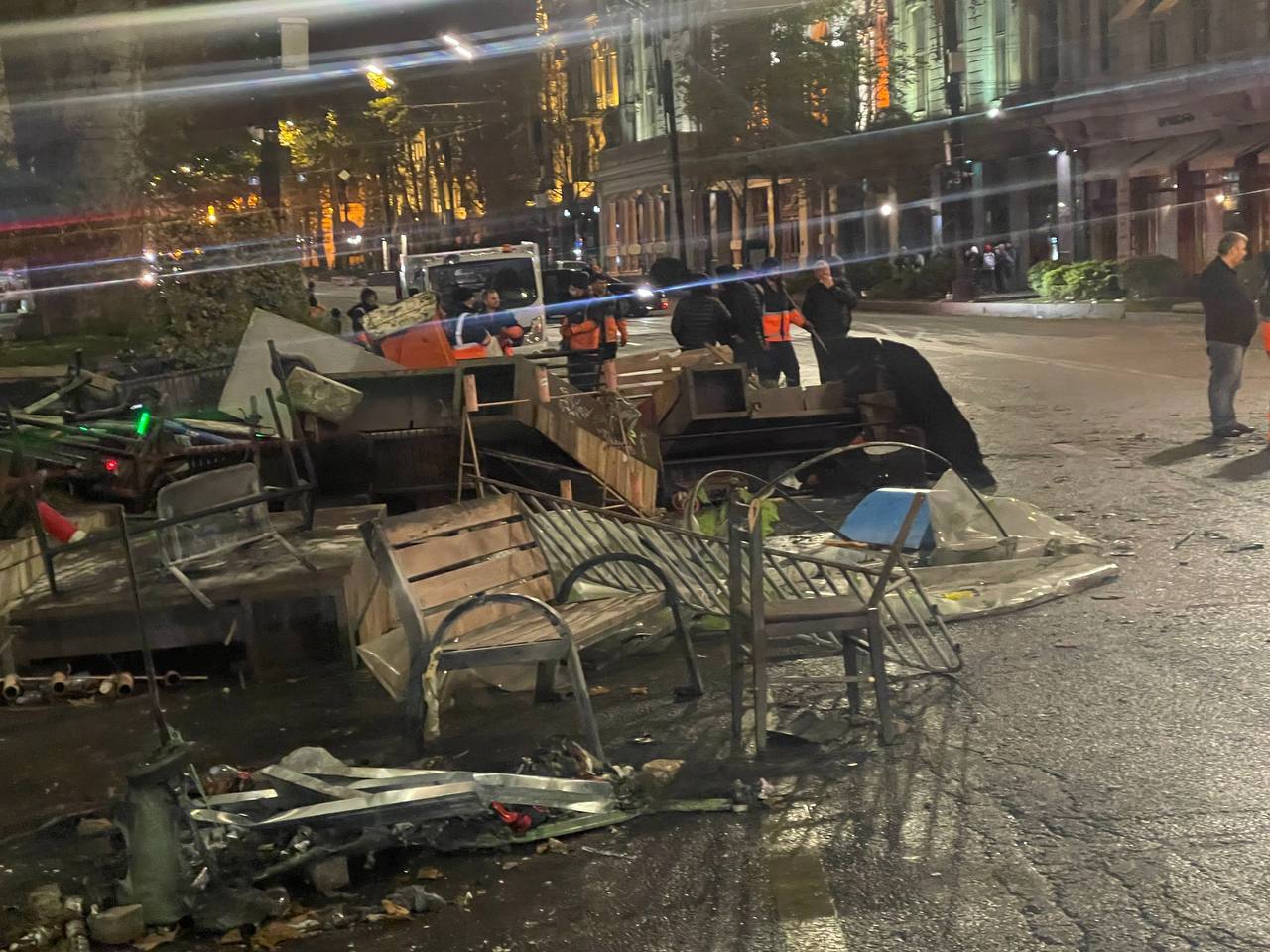
President Salome Zourabichvili, a vocal supporter of EU integration, strongly criticised the government’s decision, calling it a declaration of "war against its own people, past, and future." She personally confronted riot police, questioning their loyalty to the nation. The ruling party has also nominated an anti-Western candidate to succeed Zourabichvili, further stoking tensions.
Georgian Dream justified its decision by accusing the EU of blackmail and attempting to instigate a revolution in Georgia. Despite the government’s claim that EU membership could harm the economy, polls show that 80% of Georgians support EU integration.
Critics argue that the government is steering Georgia toward Moscow’s influence, with recent legislation resembling Russian policies, such as restrictions on NGOs and limits on LGBTQ rights. The EU, which granted Georgia candidate status in 2023, has warned that these measures threaten democratic principles.
The suspension of EU talks risks isolating Georgia internationally and exacerbating internal unrest. Observers fear the move will deepen political instability while bolstering Russia’s regional influence, contradicting the aspirations of most Georgians.
Translation by Iurie Tataru

